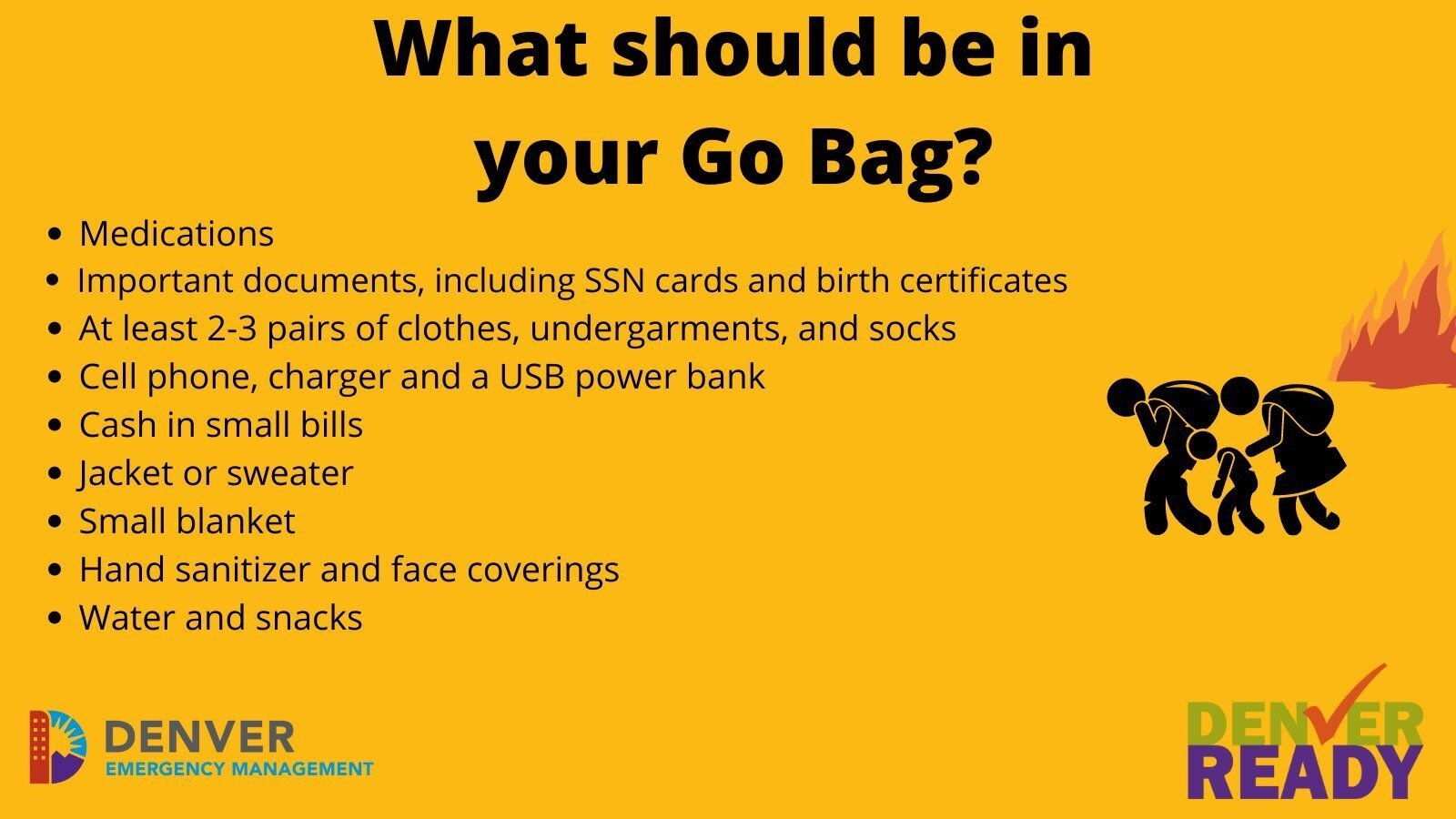The high winds that fueled the Marshall Fire are not unusual. Here is how to prepare.

BOULDER, Colo. — Though it is still unknown what exactly sparked the Marshall Fire in Boulder County, one thing that is clear is that a confluence of different climate factors fueled its destructive spread.
The Marshall Fire, which eventually consumed about 6,000 acres, started on Thursday, December 30, It was a day when Boulder County was in the midst of an “extreme drought,” according to the U.S. Drought Monitor. The county hadn’t received rainfall since mid-summer and the time from June and December was the warmest period on record for the area.
There were also extreme winds December 30, reaching more than 110 miles per hour in some parts of the Denver metro area. So when the fire started, there was little anybody could do to prevent its rapid advancement through Superior and Louisville.
“Just a tremendous wind day,” said Greg Hanson, a warning coordination meteorologist at the National Weather Service’s (NWS) Boulder office. “And then you add the ongoing drought conditions we've been in—just two bad combinations. And so when that spark lit, the fire was off to the races.”
Hanson stressed that it is not uncommon for Colorado’s Front Range to experience high wind days, especially in the colder months. When Rocky Mountain PBS interviewed Hanson on January 4, the winds were in the 80s and 90s in some parts of the state. But the day of the fire, the wind was unusually fast. Winds over 100 miles per hour are “on the high end of what we see,” Hanson said. “Typically, it's going to be 70, 80 miles an hour.”
Though there is always a risk for damage with winds of that speed, especially for motorists driving large trucks, the weather becomes especially dangerous when paired with conditions like drought and fire.
Experts point to climate change as a reason wildfire season has extended later in the year.
Merritt Turetsky, Ph.D., is the director of CU Boulder’s Institute of Arctic and Alpine Research. The day of the Marshall Fire, she posted the following on Twitter:
As a fire ecologist who lives in Boulder, I think & worry about 🔥 in our communities 12 months a year due to climate change. Extremely dry fuels + 80-90 mph winds creates hot, flashy, and very dangerous grass fires. This is the human and health cost of the #ClimateCrisis.
— Dr. Merritt Turetsky (@queenofpeat) December 31, 2021
Becky Bolinger, a climatologist at Colorado State University’s Colorado Climate Center, told The Colorado Sun that the Marshall Fire “is an unfortunate reminder that a lot of us are living in that zone and with climate change, these kinds of events will remain an ongoing issue.”
When it comes to wind, however, Hanson told Rocky Mountain PBS that it is unclear if Colorado is experiencing more high wind events than usual. “That’s something we don’t track regularly,” he said. One of the most important things, Hanson said, is to be prepared.
Experts recommend having a "go bag" at the ready in case of emergencies like wildfires. Below are some of the recommended items to include:

“The safety aspect of it is a big part of it,” he said. “We know that [high winds] can drive wildfires when we've been very dry. So have that go bag ready, take pictures of everything in your house for insurance purposes, that sort of thing. If you're in an area that's more prone to these winds, be ready for power outages. Have a flashlight, have a battery-operated radio to get information. Make sure your devices are all charged up all the time. Watch the forecast.”
Downed power lines are also a danger. "Treat every downed power line like it's live," Hanson said. "Call the power company and get them to come out. And obey what they're telling you: if roads are closed, trees are down, power lines down, find another way home."
[Related: 6 ways to get ready for a wildfire]
During the Marshall Fire, the NWS Boulder office posted regular updates for Coloradans. You can follow their account here.
Brian Willie is the content production manager at Rocky Mountain PBS. You can reach him at brianwillie@rmpbs.org.
Kyle Cooke is the digital media manager at Rocky Mountain PBS. You can reach him at kylecooke@rmpbs.org.